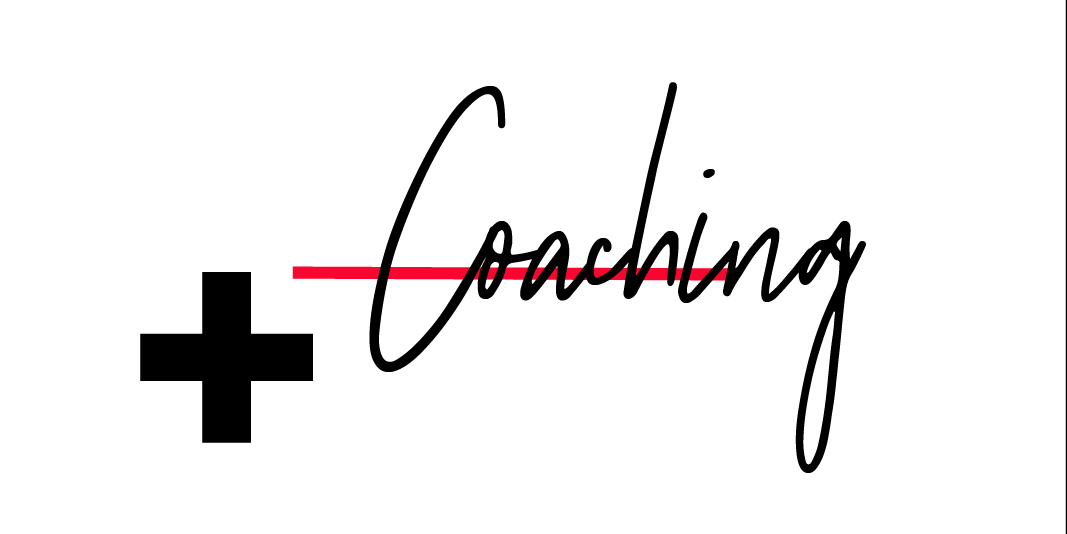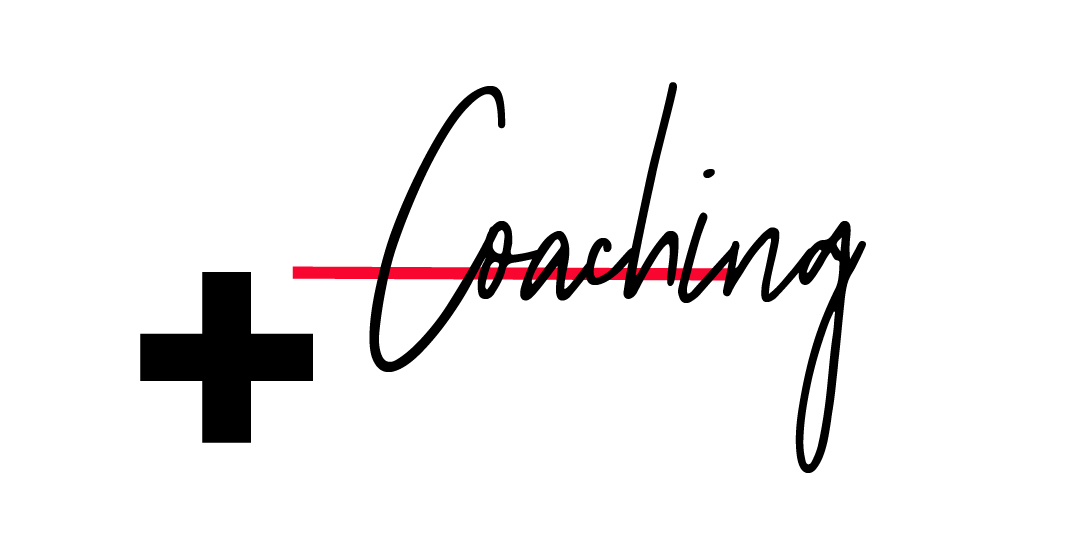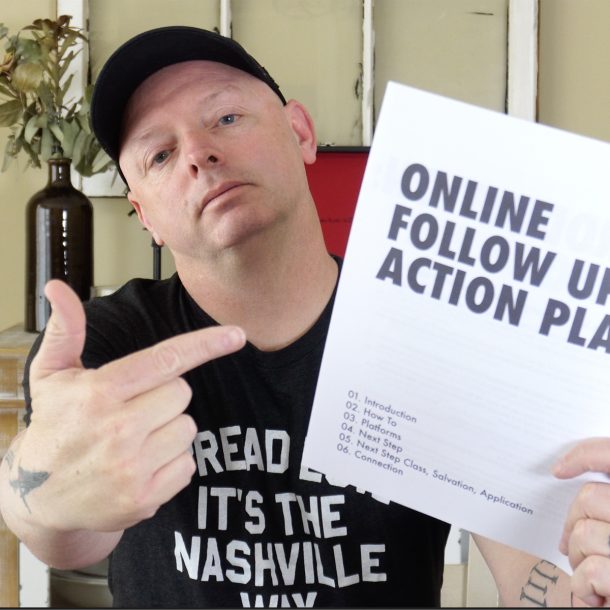One of the hardest transitions I have had to make in my professional life, and leadership development is the transition from being a doer to a leader, from being a creator into a creative lead.
It’s not easy.
Moving from being the person who “does” to the person who “leads” takes a shift in mindset, approach, and a significant hit to your confidence. For me, it took almost a year to get comfortable not making the stuff and attempting to lead the people that make the stuff. If I am sincere, way too much of my identity was found in what I was making…my value was in the things, not the person God designed me to be. That was so hard to realize and accept.
I even had a friend of mine explain the process to me this way: “You have to redefine what success looks like” in order to grow.
While it is uncomfortable, it is amazingly rewarding finding new ways to empower people to do their best work every day. Once I got over myself and my insecurities it was awesome becoming consumed with watching the people I have the honor of serving win, grow, and dominate every opportunity that comes their way!
I recently was reading an interesting article by Jordan Cohen about the power of empowering people to do their best work. Cohen’s main thesis included a simple truth that can change everything when working with artists.
When we tell people what to do, most of the time, the will do it. And likely that is all they will do.
But when we start to define the end goal, the win, or the expectation everything changes! Telling people what we are trying to achieve empowers them to be creative, use their skills, develop phenomenal solutions, innovate new ideas, and ultimately creating work that fulfills them completely.
But that takes trust. Trust and control never live together.
Explaining the outcome is exciting, empowering and inclusive. When we tell people what to do, especially people who are creative, leaders or driven, we forfeit their ability to do their best work. Sure, they will do what they are told for a season, but they become disengaged, removed, bored, and start to look for new challenges.
It’s natural to fight this I think, we empower people…they don’t do what we think they should do or do not produce the results we think should be created and we lean in. We manage more laboriously and more directly. And what we don’t realize is that as leaders we cost ourselves long-term success for short-term gain. If we want the best, we have to trust OUR best to create THEIR best.
Again, this is not easy. But I am thankful to be learning this lesson. Leadership is not about what I want; it is about what is best.
So the next time things don’t go the way we want, rather than reacting, we need to respond by reframing the results we desire from the process.
I’m trying to learn to lead better, trust more, and empower others. I want to frame results more than I manage process…how about you?






I am 100% in this place now .. and frankly this post comes at a good time. My job has asked me to lead a couple ministries with possibly some unrealistic expectations, but I’ve also realized I am holding too tightly to details that I could pass on to others. I’m living too closely tied to the short term instead of the long. Thanks for writing!
This is a timely article for me, Stephen! So much gold in this.